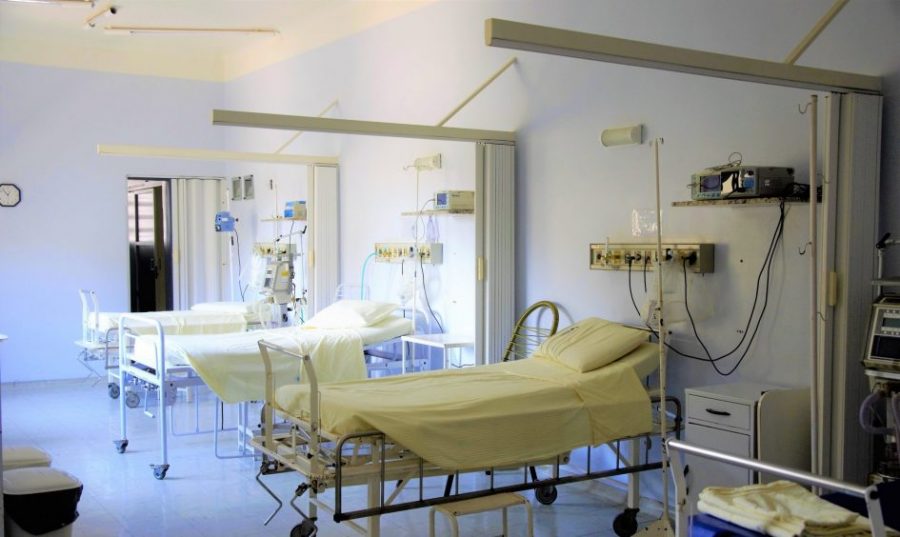Hospital Housekeepers: The Unsung Heroes
Photo Courtesy of REMI Network
Hospital Housekeepers are often the staff that ensure the cleanliness of medical facilities, and their importance has been prevalent throughout the COVID-19 pandemic.
The healthcare workers working this past year have been some of the most important people of 2020. They have put countless hours and effort into helping our society and the world fight the COVID-19 pandemic. While considering the virus and how healthcare workers handle everything, a gem was found under the gold.
Cleaning occupied/unoccupied rooms, highly touched areas like door handles, bathrooms, and countertops are only some of the actions a hospital housekeeper has to clean on the daily. The jobs of these healthcare workers are taken for granted every day, all while these heroes are risking their lives for others.
A common housekeeper cleans about 30 rooms a day, some having COVID-19 infected patients in them. Meanwhile, some rooms are being prepared to receive their next patient. The job of a hospital housekeeper requires them to work countless hours, and at least 10 housekeepers are active throughout the day–basically living in a critically infected COVID-19 area.
“I’m glad to clean and help them in anything–from reaching them a glass of water, to bringing them a blanket,” said Hilda Perez, a hospital housekeeper at St. John’s Pleasant Valley Hospital. Perez spends a total of eight hours out of her 10-hour shifts being next to, or near, someone who is in critical condition due to COVID-19. “The fear from that is intense, but the fear that you [could] bring it home, and pass it on to your family, is even worse.” Mrs. Perez stated. The fear induced in hospital housekeepers, as well as other medical professionals, by COVID-19 has led many to buy their personal protective equipment, such as a Heavy Industry Versaflo to protect themselves while on duty. Many healthcare workers, like Perez, have limited contact with family members: “When I come back home after work, I wash my uniform, and go straight to my room. I don’t like to be with family anymore–not because I don’t love them–but because I care about them too much.”
While the pandemic continues, the jobs for these housekeepers gets harder and harder, as more and more patients come in every day making their job objectively increasingly difficult. However, this is not the way Perez interprets it to be: “I love my job, helping [people] is nice, and I also invest a lot of money to keep me and my family safe. Working in the medical field is not easy, but it’s one of the most helpful jobs.” Most hospital housekeepers do not work only for the money, but rather to be able to help their community in any way possible. Most of their work goes completely unnoticed from an outsider’s perspective, but the nurses and doctors understand that if it were not for them, the pandemic’s numbers would only rise.
A hospital housekeeper is the unsung hero of the pandemic, who risks their lives everyday to help those around them and keep their loved ones–as well as complete strangers–safe.

















































































![Senior Ditch Day... Relaxation or Truancy? [Video]](https://achsstinger.com/wp-content/uploads/2017/10/IMG_7119-900x599.jpg)
![Heavy Rain Hits Cam High [video]](https://achsstinger.com/wp-content/uploads/2017/02/maxresdefault-900x506.jpg)




